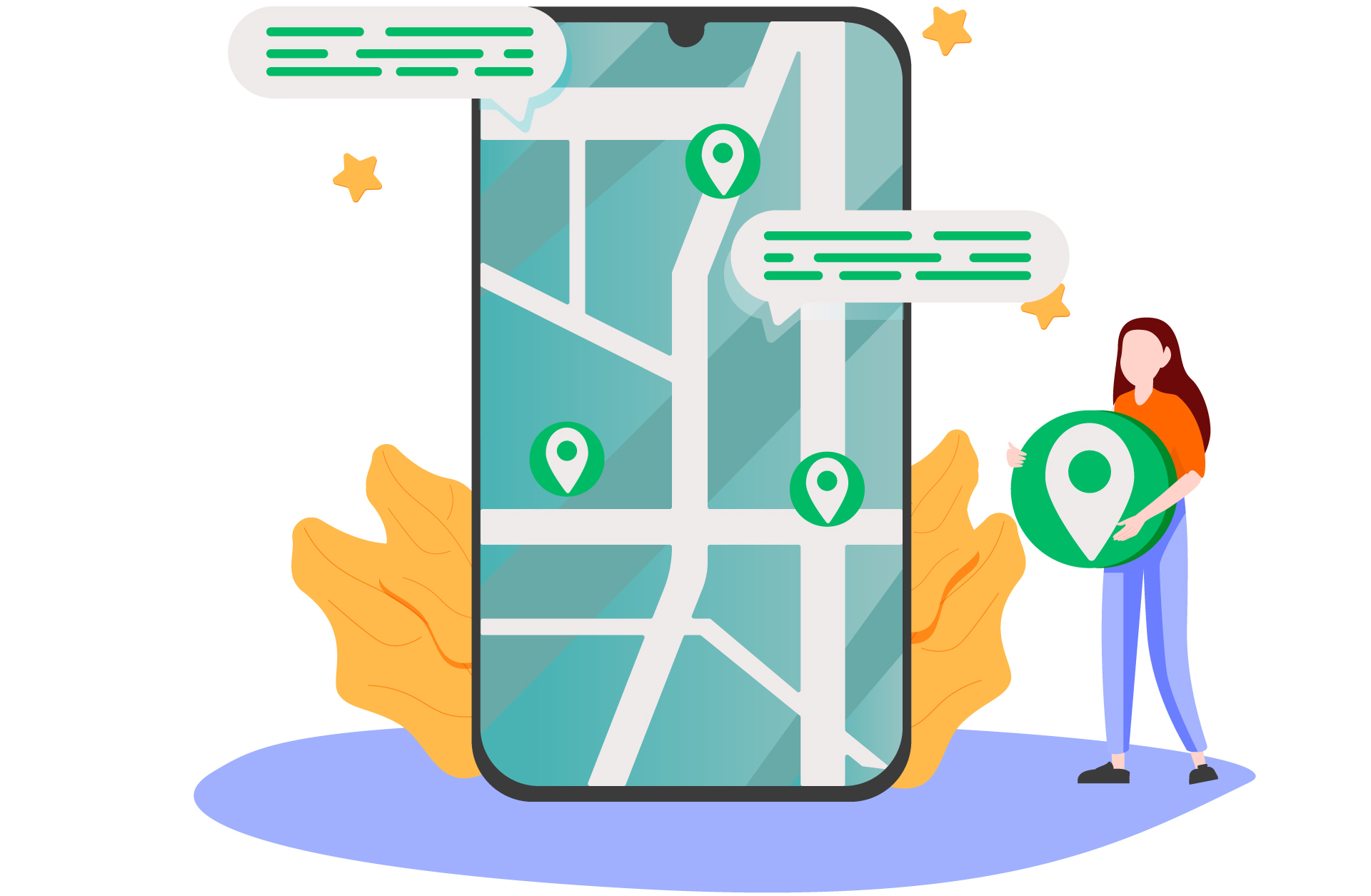Link Building: A Guide for Beginners
Published on 7th November 2023
If you look at Google’s top ten SEO criteria for 2023, external backlinks and internal links are in there – number two and number five, respectively. So, let’s just start by saying link building is a must for any business looking to get onto page one of internet search results. But, it has to be said, the art of link building can be confusing and challenging. Indeed, 52% of digital marketers consider link building the hardest element of SEO.
The reason is that there are several different strategies to link building, but the aim is always to boost the search rankings of your web pages, build authority within your industry and ensure Google ranks your content high in search results. So, we’ve put together our guide to link building for beginners to get you started.
What is link building, and why is it important?
The art of link building is the process of creating internal and external links within your website content that link to your web pages. The links boost authority in the eyes of your industry, your audience and Google, who will rank your pages higher and generate online traffic.
Along with high-quality content, link building is probably one of the most important of your online marketing activities in ranking your website and your company in search engines. The better, more authoritative and credible the links, the more likely search engines will rank your content as trustworthy and relevant to the search query.
The more credible your links, the higher your web pages are in search engine results, the greater the traffic to your website, the more visibility your company gets, and you can outrank your competitors. When approximately 94% of all blog posts do not have any external backlinks, you can see how successful link building can put you ahead of your competitors.

Link building strategies
There are various ways or strategies you can use for link building, but they come under four main headings:
Adding links to a website other than your own, usually through creating social profiles, business directory listings or posting to online forums and communities.
Asking for links from another website, often called ‘link outreach’, relevant to your web page content. Some methods include guest posting, image link building, resource page link building and asking for a brand mention to be a link.
Buying links, but you risk annoying Google and the potential of buying bad links.
Earn links by creating content that other website owners want to link to, such as survey results, breaking news bulletins or thought leadership content.
But there’s one key aspect to remember when it comes to link building strategies, nothing happens overnight. It takes time to build impact around your links – in fact, just over 89% of link builders say it can take anything from one month to six months to start seeing results.
Beginner’s guide to link building
So, how do you go about link building? Here is our beginner’s guide to link building to help you boost your web page SEO.
1. Keyword research
Although this might seem a basic step, if you don’t know the keywords people are using in search engines, you won’t know the right keywords to use in links. There are various online tools you can use, such as Ahrefs free backlink checker, or there are other alternatives, like Google’s Keyword Planner (which is only available through an active Google Ads account) and you can now leverage AI systems such as ChatGTP and Bard to help build and grow your keyword strategy.
2. Use keywords/phrases in your anchor text.
When you have your keywords and key phrases, make sure you link to those words in the anchor text. This improves web page relevancy, boosts search engine results and increases the possibility of other websites linking to your content.
3. Build links from other sites.
When linking to content from other sites, such as statistics or survey results in a blog, there are two things to consider: one, that the content you’re linking from or to is relevant to your business, your products/services and your content. Second, aim to link to a website with a high domain authority (DA). This is because the higher the domain authority, the better the link’s value. It’s also a good idea to avoid paid links, as Google tends to penalise websites that contain too many paid links within the content. That said, there are exceptions, like Amazon.

4. Create great content.
What might seem a simple thing is harder than you’d think. Keep content varied, such as videos, images and infographics. Content like this is easy to share across social channels and embed in web pages or blog posts. Anything visual will receive more attention than plain text so, mix them.
5. Create highly shareable content.
Content marketing is probably the best way to build links, plus it’s cost-effective. However, any old content won’t do anymore. Quality is better than quantity – you don’t have to post on socials every day or post blogs several times a week. As long as the content is constructive, informative, engaging, relevant to your business, readable and shareable, there’s no reason why it won’t generate links.
6. Make the most of guest blogging.
Writing guest posts is one of the best ways to get backlinks to your web pages and, most of the time, it doesn’t cost anything but your time. Just ensure the website you’re sending a guest blog to is relevant to your business and has a high DA.
7. Remember local SEO.
Make sure your web pages are optimised for local keywords and phrases to appear higher in local search engine results. You may find that local keywords and phrases are different to national/international ones to keep this in mind when creating content and in the anchor text.
8. A mobile-friendly website.
Having a website as effective on mobile devices as laptops and desktops is a high-ranking factor for Google. Even if you have great content and are optimised for all keywords and phrases, if your site isn’t mobile-friendly it could drop you down the search results.
9. Consider influencer marketing.
Influencer marketing is still going strong and may be a cost-effective way of reaching new customers through the links of an influencer. They are also good at building backlinks as they will likely share links to your web pages in their social media activity.
10. Commit to your link building strategy.
As we’ve said earlier, link building strategies take time to generate results. So, commit to your link building strategies and incorporate them into your overall SEO and content marketing plans.
Link building is as important as ever for businesses, particularly with more and more activity taking place over the internet. Google alone processes around 99,000 search queries every second worldwide – that’s 8.5 billion a day, or around 2 trillion a year globally. Breaking it down further, the average person will conduct three to four searches a day. If you’re not link building, you could be missing out.

At it’seeze, our network of experienced website consultants throughout the UK and Ireland are well-versed in link building techniques and strategies, building the capability into your web pages. We help businesses of all shapes and sizes design and build websites which are fully SEO and keyword-optimised. Get in touch with us today to start your it’seeze journey.
Tagged as: search engine optimisation (SEO)
Share this post:



